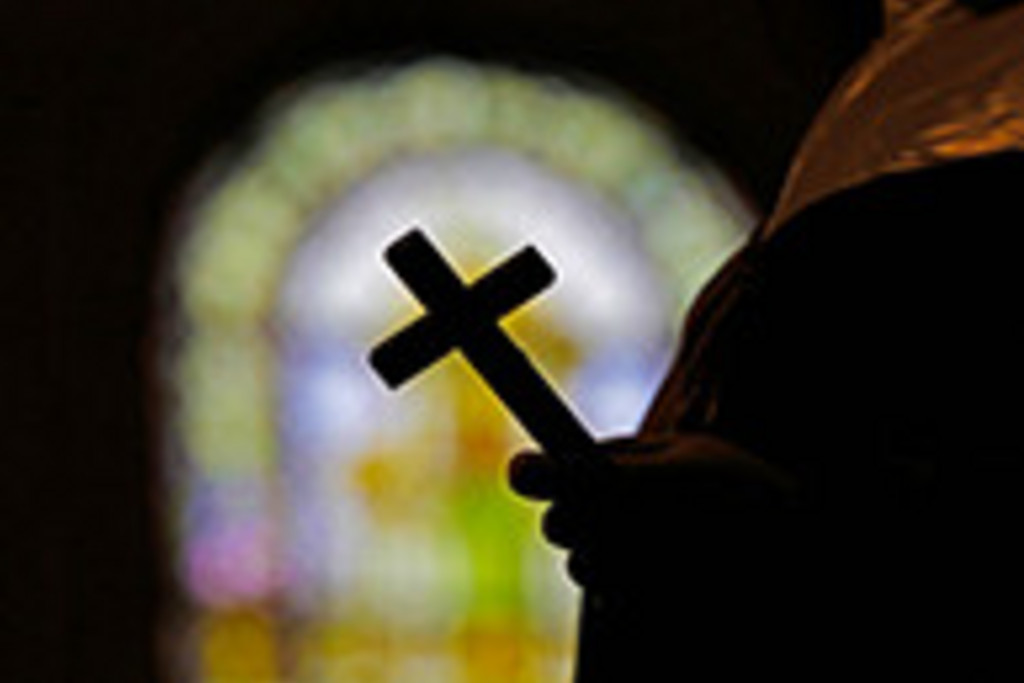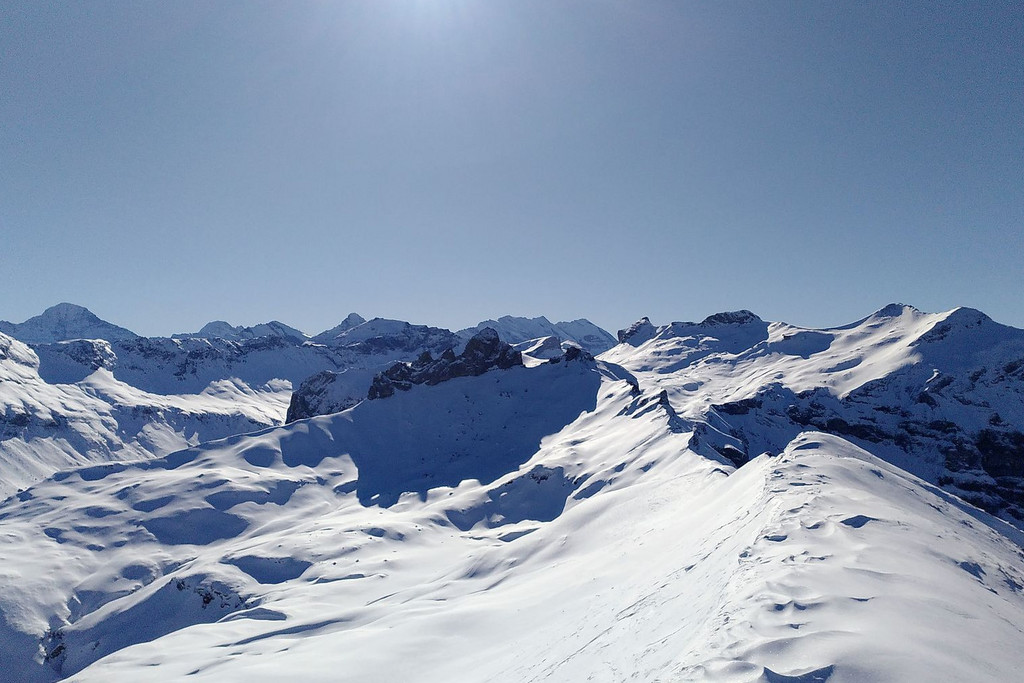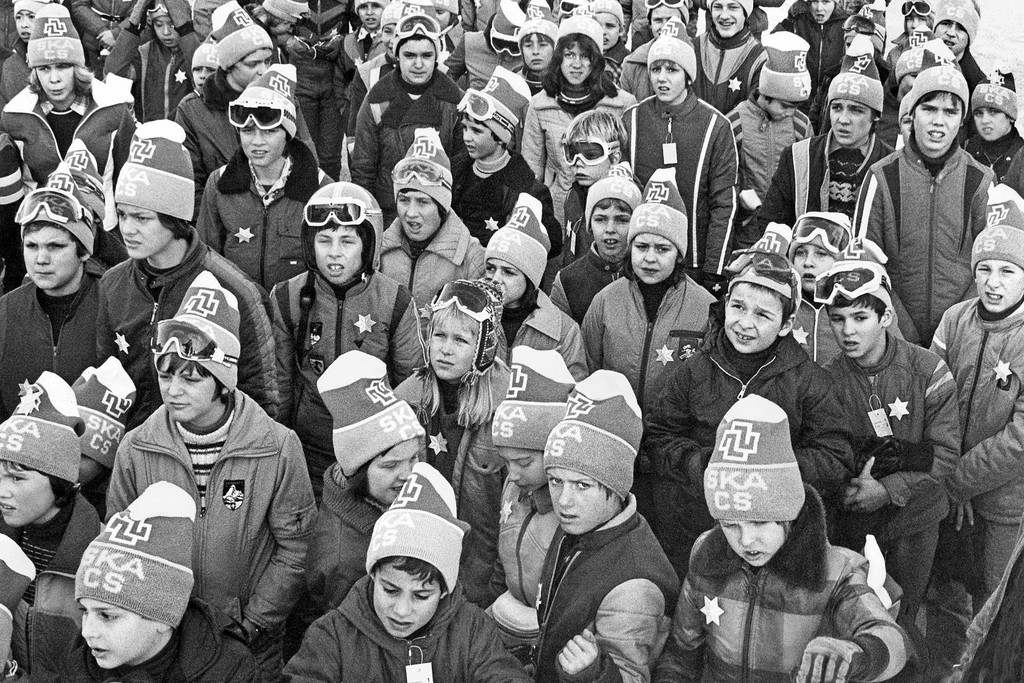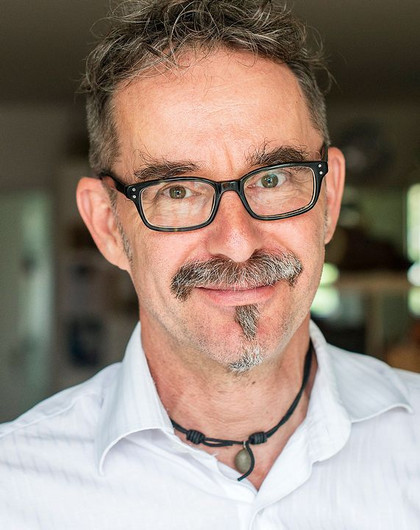
The return of emergency stockpiling

Priests: from protectors to abusers

A shift to the right, and other hot potatoes

When continents collide

The guns may have fallen silent, but the war is by no means over. Pain and shock linger and cast their shadow across subsequent generations. Neutral Switzerland is discovering this now as the public is – at last – developing a clearer image of the Swiss Holocaust victims.
For hundreds of these victims the Swiss passport offered no protection. They were locked up in Dachau, Auschwitz and other horrific places. Some survived. Many did not. This may be history, but it is by no means the past as these victims still constitute an empty space in the official historiography of Switzerland to this day. Until now, they were primarily viewed as difficult “compensation cases”.
However, thanks to a remarkable new book (page 6), the question now being asked is why the Swiss victims found themselves in such a situation in the first place. They are without a doubt first and foremost victims, because the horrors of the Nazi regime knew no limits. However, looking back, a nightmare picture of the behaviour of Switzerland and its diplomats also comes to light. Admittedly there were Swiss diplomats who fought bravely for their countrymen and women and for humanity. However, it is unsettling to hear about those cases where the victims were basically abandoned. The behaviour of the diplomatic team in Berlin in the latter years of the war, for instance, was one of sycophantic, silent restraint. Except in certain cases, they generally did not advocate for Swiss concentration camp prisoners, as they were fearful of angering the Reich.
This distinction between Swiss citizens who were deemed worthy of protection and those who were not is one of the dark shadows of war that Switzerland must address. Swiss citizens who were considered unworthy of protection and thus second-class sometimes included Jews, gypsies, homosexuals, “asocial persons”, socialists and even those with dual citizenship. During and after the war, they were accused in not so many words of being partly responsible for their own fate. What that means is that the Swiss ultimately followed the same criteria used by the Nazis to judge human beings.
If we are to properly address this period in history, we need to be brave enough to ask a crucial question: are we any different today than we were then? More specifically: do Swiss Jews encounter less hostility today than they did in the past? Are the Sinti people with roots in Switzerland, who received no protection back then and were labelled gypsies, accepted today? Do we now look at people with dual citizenship without suspicion?
These are not questions for historiography but rather for the present.

Comments
Comments :
Wissen Sie, warum ich im American Styl herumlaufe?
Weil ich mich schäme, Schweizer zu sein...